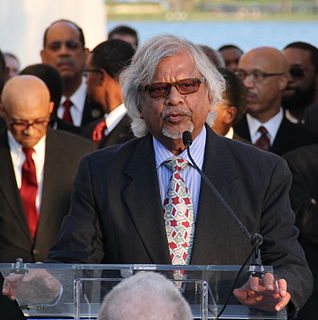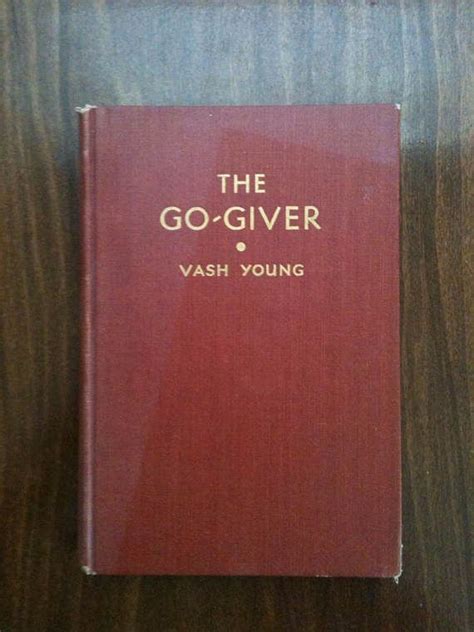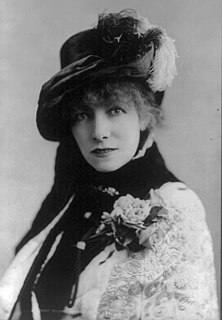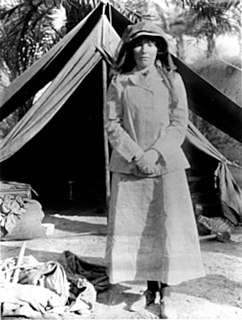A Quote by Henri Barbusse
Yes, there is a Divinity, one from which we must never turn aside for the guidance of our huge inward life and of the share we have as well in the life of all men. It is called the truth.
Related Quotes
There is an inward state of the heart which makes truth credible the moment it is stated. It is credible to some men because of what they are. Love is credible to a loving heart; purity is credible to a pure mind; life is credible to a spirit in which life beats strongly it is incredible to other men.
Men that are free, well-born, well-bred, and conversant in honest companies, have naturally an instinct and spur that prompteth them unto virtuous actions, and withdraws them from vice, which is called honour. Those same men, when by base subjection and constraint they are brought under and kept down, turn aside from that noble disposition, by which they formerly were inclined to virtue, to shake off and break that bond of servitude, wherein they are so tyrannously enslaved; for it is agreeable with the nature of man to long after things forbidden, and to desire what is denied us.
In one of the Upanishads it says, when the glow of a sunset holds you and you say 'Aha,' that is the recognition of the divinity. And when you say 'Aha' to an art object, that is a recognition of divinity. And what divinity is it? It is your divinity, which is the only divinity there is. We are all phenomenal manifestations of a divine will to live, and that will and the consciousness of life is one in all of us, and that is what artwork expresses.
Satyagraha is the pursuit of truth. My grandfather believed that truth should be the cornerstone of everybody's life and that we must dedicate our lives to pursuing truth, to finding out the truth in our lives. And so his entire philosophy was the philosophy of life. It was not just a philosophy for conflict resolution, but something that we have to imbibe in our life and live it all the time so that we can improve and become better human beings.
In a sense we've come to our nation's capital to cash a check. When the architects of our republic wrote the magnificent words of the Constitution and the Declaration of Independence, they were signing a promissory note to which every American was to fall heir. This note was a promise that all men - yes, black men as well as white men - would be guaranteed the unalienable rights of life, liberty and the pursuit of happiness... America has given the Negro people a bad check, a check which has come back marked 'insufficient funds.'
The artist's personality must be left in his dressing-room; his soul must be denuded of its own sensations and clothed with the base or noble qualities he is called upon to exhibit.... [he] must leave behind him the cares and vexations of life, throw aside his personality for several hours, and move in the dream of another life, forgetting everything.
To hold in the mind forever two ideas which seemed to be in opposition. The first . . . acceptance totally without rancor, of life as it is, and men as they are [;] . . . the second . . . that one must never, in one's life, accept . . . injustices as commonplace but must fight them with all one's strength.
The most degrading of human passions is the fear of death. It tears away the restraints and the conventions which alone make social life possible to man; it reveals the brute in him which underlies them all. In the desperate hand-to-hand struggle for life there is no element of nobility. He who is engaged upon it throws aside honor, he throws aside self-respect, he throws aside all that would make victory worth having - he asks for nothing but bare life.







































